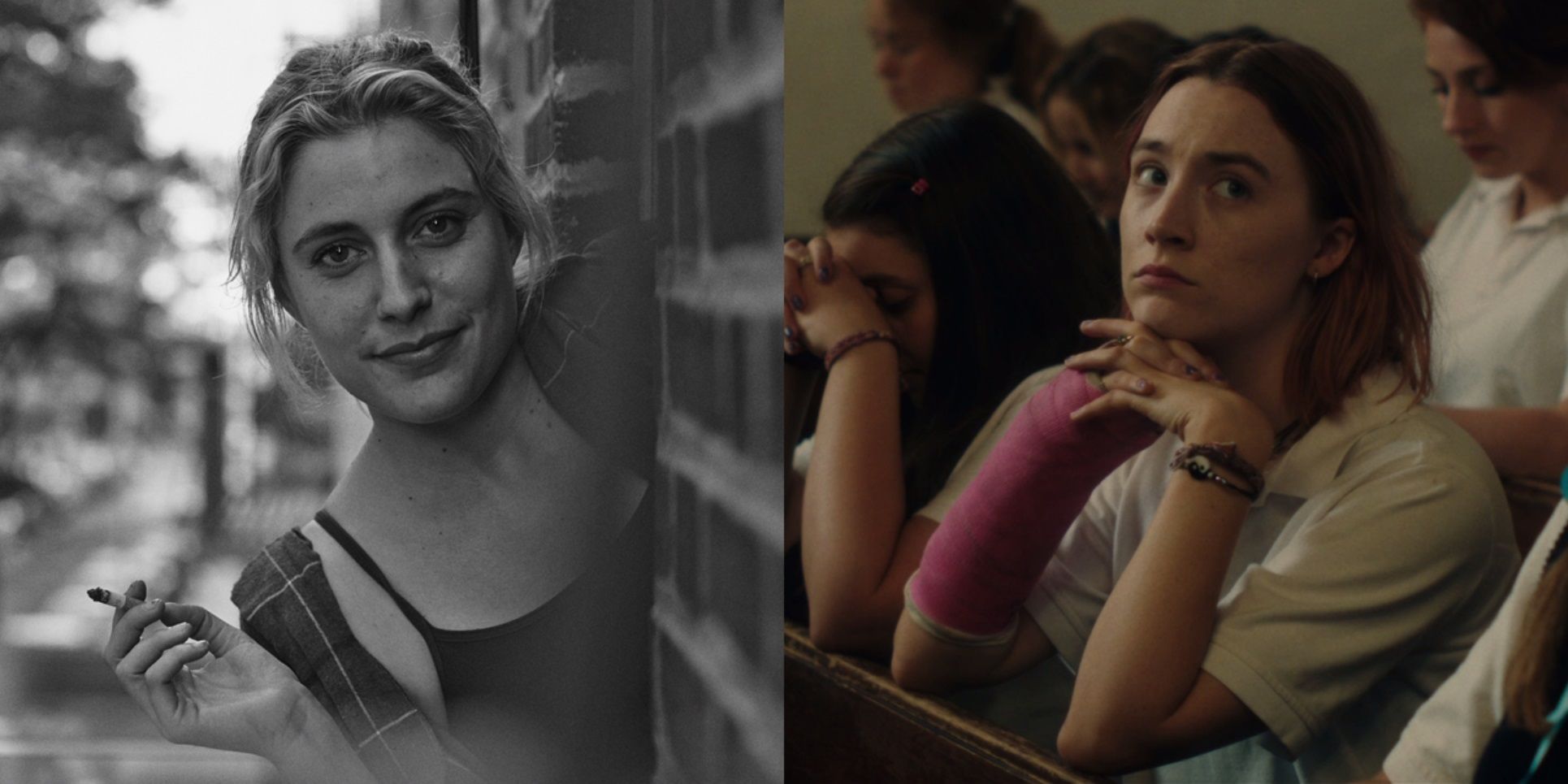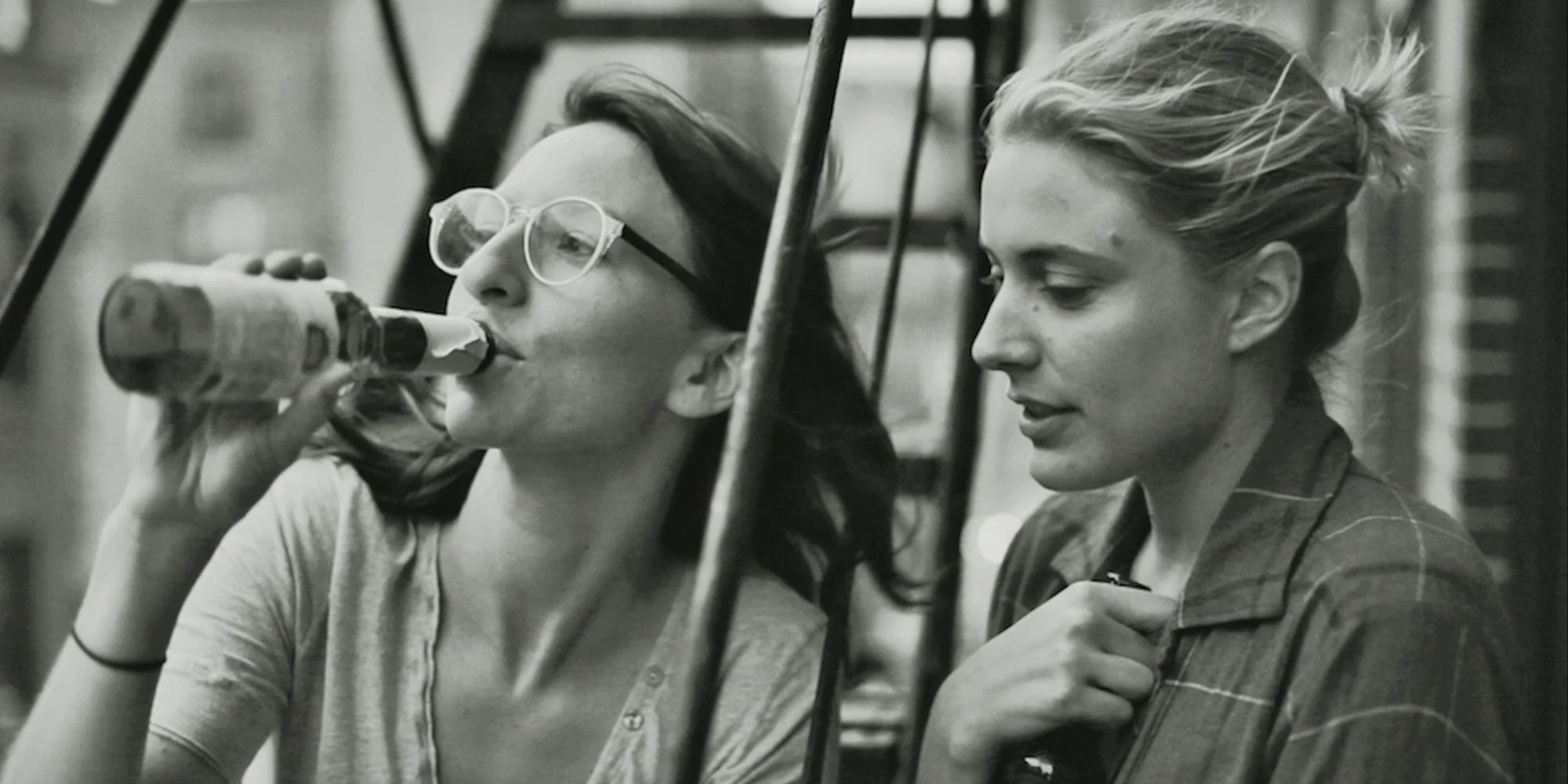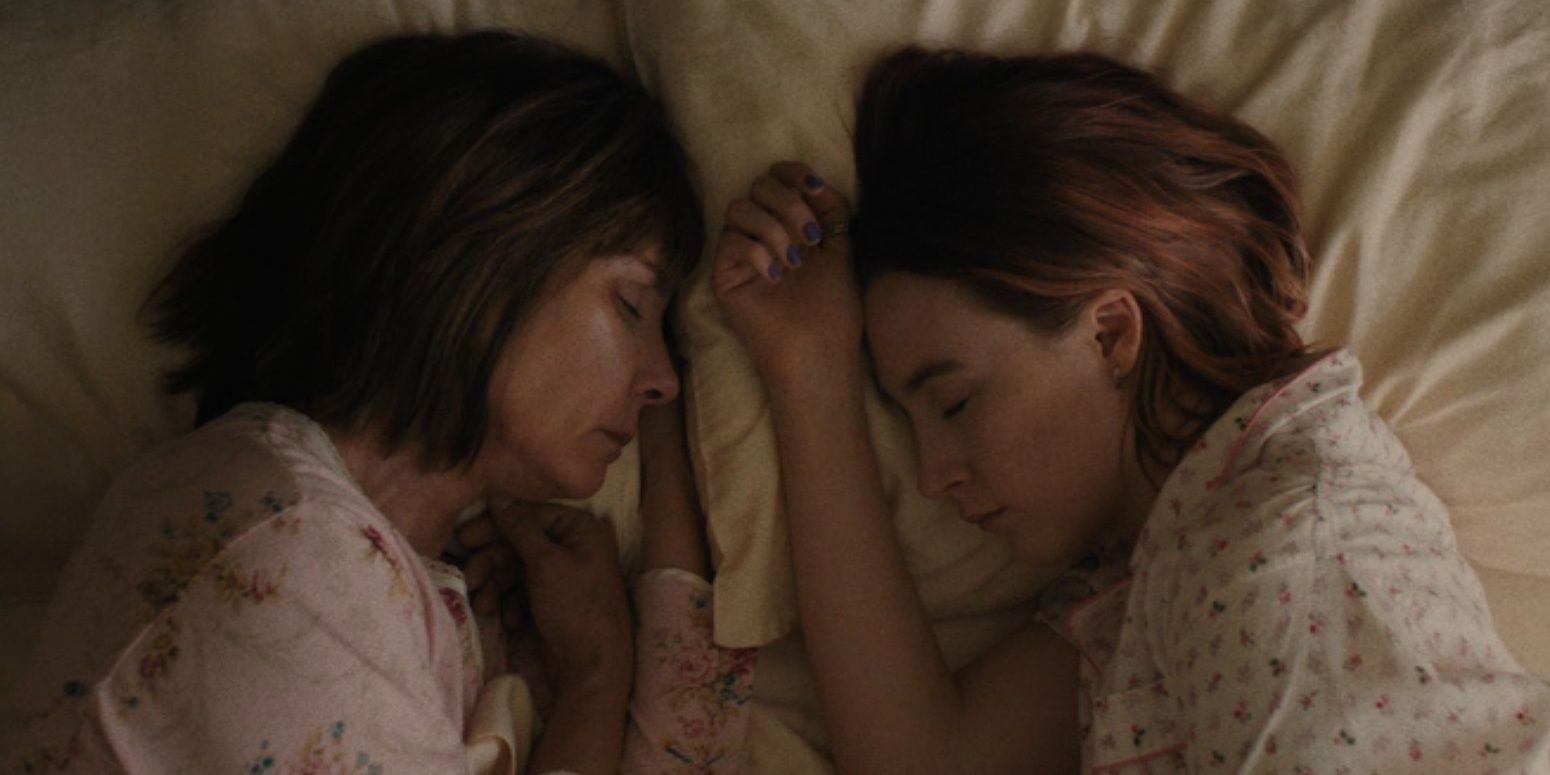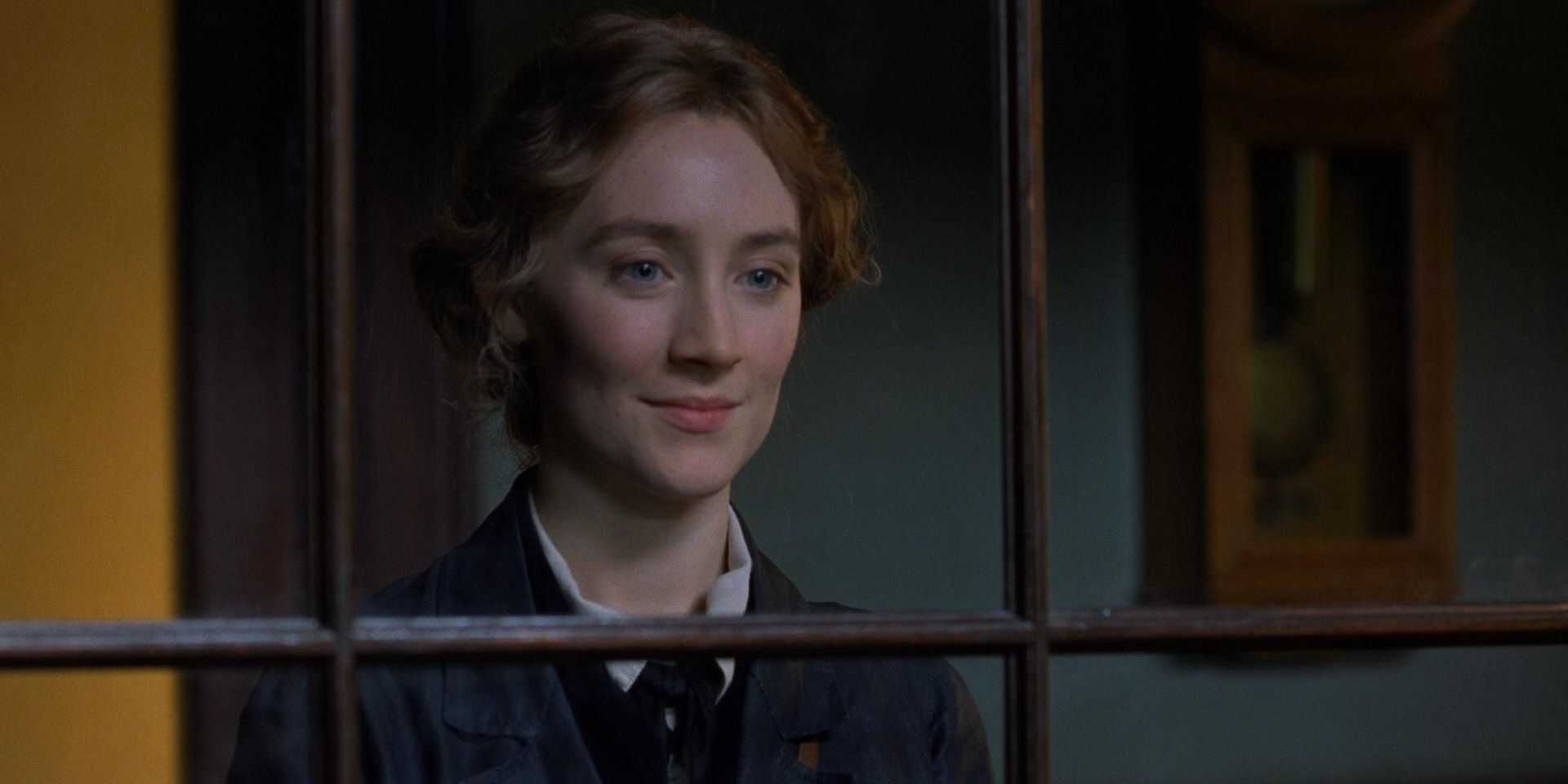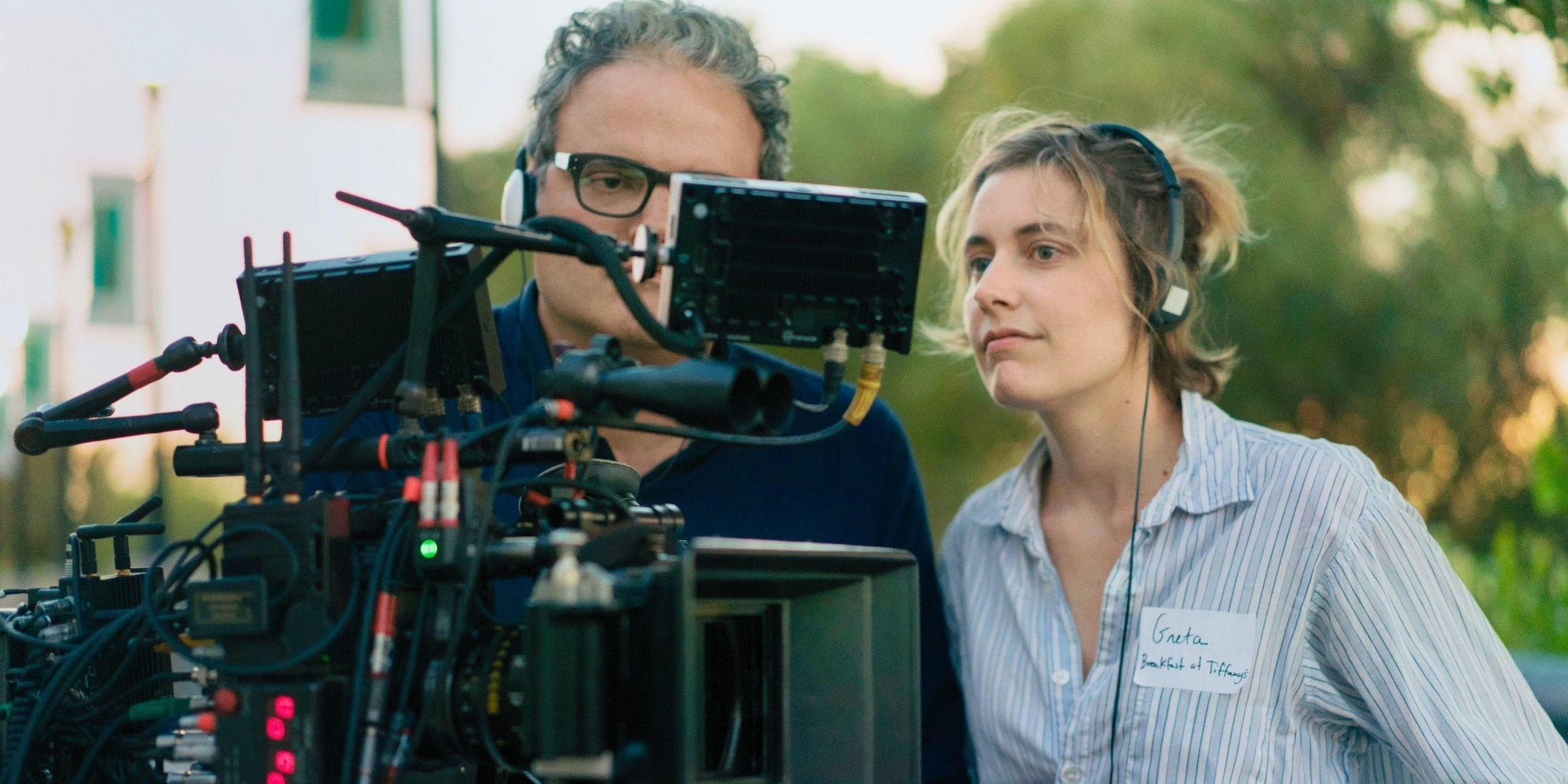With a naturalistic acting style and a penchant for making relatable everyday situations feel cinematic, Greta Gerwig became one of the most prominent figures of the so-called “mumblecore” movement. She worked with directors like Joe Swanberg and the Duplass brothers on some of the defining films of the movement. New York Times critic A.O. Scott described Gerwig as an “ambassador of a cinematic style that often seems opposed to the very idea of style.”
Just under a decade after co-directing Nights and Weekends with Swanberg, Gerwig made her solo directorial debut with the coming-of-age gem Lady Bird, whose success promptly made her one of the most sought-after filmmakers in Hollywood.
With her first couple of solo directorial efforts, Gerwig has rounded out a style of her own. Unlike the ad-libbed conversations of her mumblecore beginnings, Gerwig’s dialogue is meticulously scripted – but part of its charm is that it appears spontaneous and improvised. Gerwig draws laughs from awkward, subtle moments of human behavior as opposed to the on-the-nose sight gags and big-swing one-liners found in studio comedies. With her past few screenplays, Gerwig has carved out a niche writing love stories about non-romantic love.
Frances Ha Is A Breakup Movie About A Friendship
After starring alongside Ben Stiller in Noah Baumbach’s Greenberg, Gerwig reteamed with Baumbach to co-write Frances Ha, a quintessential snapshot of the ups and downs of being an aimless twentysomething. Baumbach directed the movie and Gerwig stars as the titular 27-year-old ballerina struggling to figure out adult life in New York.
Shot in glorious black-and-white, Frances Ha is a character study told through a series of vignettes. It follows the beats of a breakup movie through the lens of a friendship. The opening montage introduces Frances’ idyllic life spending every waking moment with her best friend, Sophie. Frances breaks up with her boyfriend in an early scene, but the true heartbreak is when Sophie moves out to live with her own boyfriend.
Throughout the movie, Frances bounces from address to address – chopping up the movie like chapters – picking up a few replacement friends with varying degrees of success. Even when she gets along with someone really well, it’s not the same as her perfect dynamic with Sophie.
The two friends are ultimately reunited in the poignant final scene. At a party in the middle of the movie, Frances describes a moment that she wants to happen when she falls in love: making eye contact across a crowded room and sharing an unspoken bond. The heartwarming ending of the movie visualizes this exact moment between Frances and Sophie. This movie is a celebration of the love between two non-romantic soulmates.
Lady Bird Is A Love Story About A Mother And Daughter
With her first movie as a solo director, Lady Bird, Gerwig set out to create a female version of coming-of-age dramedies like Boyhood, The Graduate, and The 400 Blows. It stars Saoirse Ronan as an individualistic teenager who gives herself the titular moniker as she navigates the final year of high school and tries to figure out her identity. Lady Bird was universally praised by critics and earned five Oscar nominations, including Best Picture, Best Director, and Best Original Screenplay.
The movie covers all aspects of Lady Bird’s teenage experience – her early boyfriends, her attempts to get into college, her sibling rivalry with her older brother, abandoning her lifelong best friend to hang out with the popular kids, etc. – but the heart of the movie is her relationship with her mother, Marion, played spectacularly by Laurie Metcalf.
More than earning their Oscar nominations, Metcalf and Ronan share convincing on-screen chemistry as a mother and her teenage daughter in the midst of the difficult rebellious phase. The arc of their relationship is painfully relatable, capturing both their similarities and differences (summed up perfectly in the opening shot of the two mirrored opposite each other in bed). Lady Bird constantly rebels against her mom and most of their conversations escalate into screaming matches, but whenever she gets hurt in a relationship or a friendship, her mom is the first person she wants to talk to.
In most teen movies, from Clueless to 10 Things I Hate About You to the many classics of John Hughes, the female lead has to choose the “right guy.” In Lady Bird, there is no “right” guy. She has two major love interests – Danny, played by Lucas Hedges, and Kyle, played by Timothée Chalamet – and they’re both wrong for her. The former is struggling with his sexuality and the latter is pretentious and annoying. Lady Bird doesn’t peddle Hollywood’s problematic message that girls need a boyfriend who will make them happy; it’s a story about self-discovery.
Little Women Is About A Writer’s Love For The Written Word
After the success of Lady Bird, Gerwig was offered the chance to write and direct a new adaptation of Louisa May Alcott’s Little Women. This was Gerwig’s first adaptation of existing source material, but the simple, straightforward tone of Alcott’s writing paired nicely with her own uniquely naturalistic style. Little Women reunited Gerwig with a number of cast members from Lady Bird, including Ronan, Chalamet, and Tracy Letts.
Jo March has a couple of suitors to choose between, but she’s more interested in finishing her novel than finding a husband. Little Women is a meta exploration of romance narratives, as Jo’s publisher insists on a sweeping, romantic ending to her story in which the protagonist ends up with the man of her dreams. Society wants Jo to find a man, but the story is really about the love between a writer and the written word. The real emotional catharsis at the end of the movie is a budding young author watching the printing of her debut novel and getting to hold a physical copy in her hands.
Still, Little Women acknowledges the positive role of romantic love. Jo has a poignant monologue in which she explains, “I am so sick of people saying that love is just all a woman is fit for. I’m so sick of it! But I am so lonely.” Companionship is certainly comforting, but it’s not the only thing people need.
Gerwig’s Next Project Is A Live-Action Barbie Movie
Gerwig’s next project – a live-action Barbie movie – seems like a radical change of pace. Margot Robbie is signed on to star and co-produce, while Ryan Gosling will play Ken. The movie is scheduled to begin shooting in early 2022 for a 2023 release. Based on the subversive storytelling and strong, relatable female characters found in her previous directorial efforts, Gerwig surely has something delightfully unexpected (and surprisingly empowering) in mind for a live-action Barbie movie.

